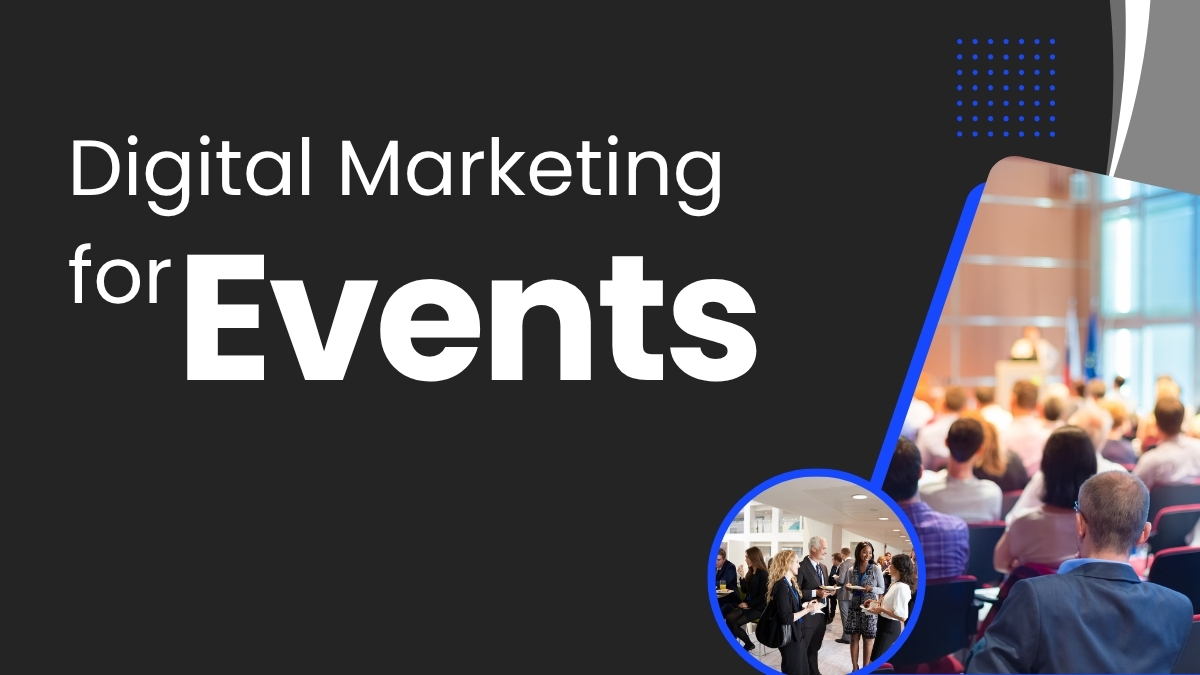
Digital Marketing for Events
You’ve poured your heart and soul into planning the perfect event. The speakers are lined up, the venue is booked, and the agenda is set. But there’s one big question lingering: how do you get people to actually show up? This is where the power of digital marketing comes in. It’s the engine that drives awareness, sells tickets, and ensures your event is a success long before the doors open.
This guide will walk you through everything you need to know about using digital marketing to promote your event. We’ll cover the most effective strategies, show you how to build a plan from scratch, share real-life success stories, offer advanced tips, and highlight new trends to keep you ahead of the curve. Let’s get your event the attention it deserves.
Why Digital Marketing is a Game-Changer for Events
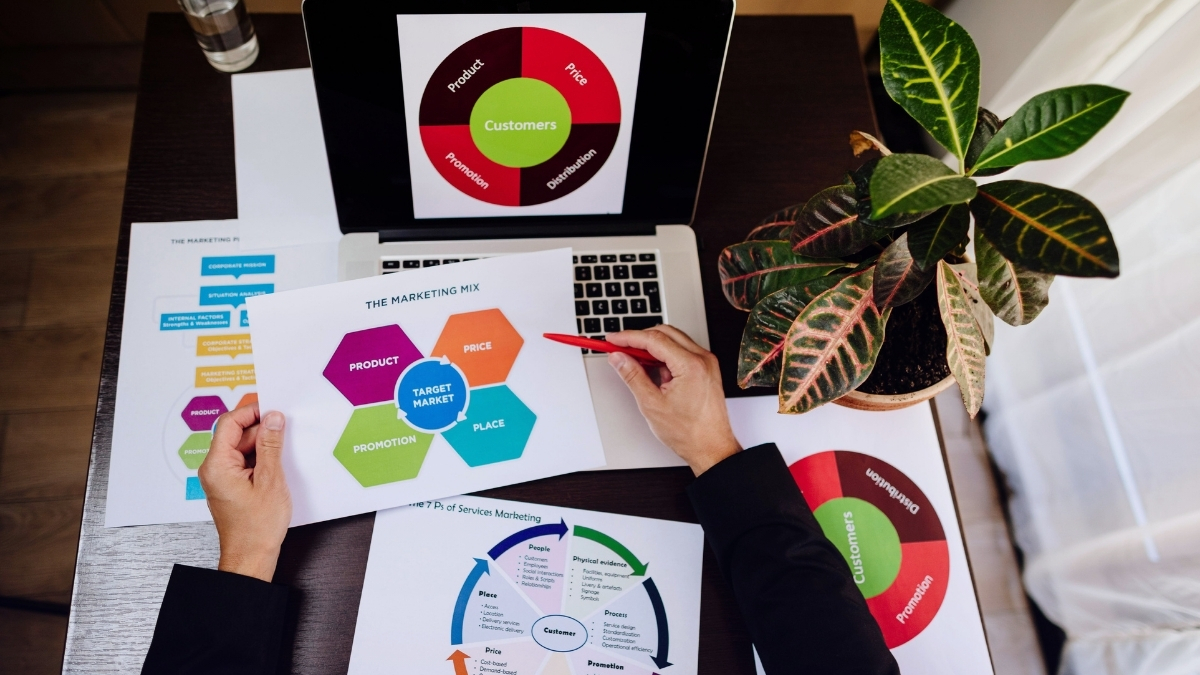
Not long ago, promoting an event meant printing flyers and buying newspaper ads. While those methods had their place, the digital world offers a more direct, measurable, and cost-effective way to reach your ideal audience.
Think about it. Your potential attendees are already online. They’re scrolling through social media, checking their email, and searching on Google. Digital marketing lets you meet them where they are.
Here’s why it’s so important:
-
Wider Reach: You can connect with people beyond your local area, attracting a larger and more diverse audience.
-
Targeted Promotion: Instead of shouting into the void, you can focus your marketing efforts on people who are genuinely interested in your event's topic.
-
Build a Community: You can start engaging with attendees before the event even begins, creating a sense of community and excitement.
-
Trackable Results: Unlike a printed flyer, you can see exactly how many people clicked your ad, opened your email, or visited your event page. This data helps you understand what works and what doesn't.
-
Cost Efficiency: Digital campaigns allow for split testing and quick adjustments, ensuring your budget goes to what really works.
Key Strategies for Promoting Your Event Online
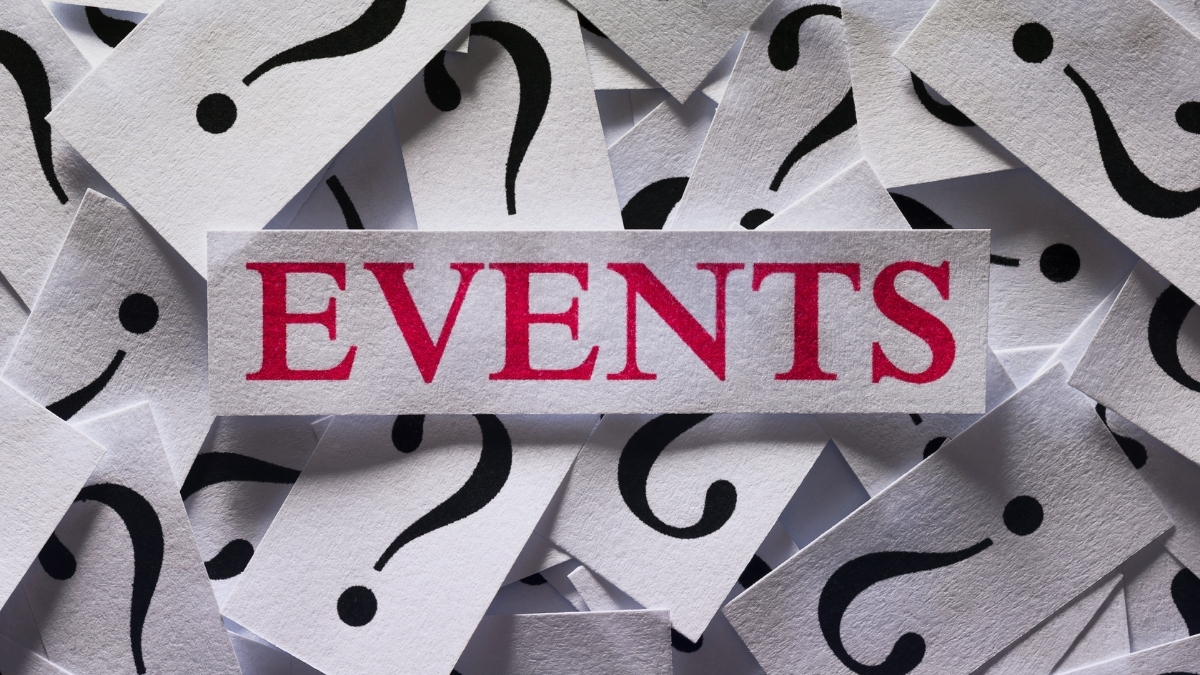
A great event marketing plan uses a mix of different digital channels. Each one has its own strengths, and when used together, they create a powerful promotional machine.
Social Media Marketing
Social media is a fantastic tool for building buzz. It’s where you can share behind-the-scenes content, engage with potential attendees, and create a sense of excitement.
-
Choose the Right Platforms: Don't try to be everywhere. Focus on the platforms where your target audience spends their time. LinkedIn is great for professional conferences, while Instagram and TikTok are perfect for more visual or lifestyle-focused events.
-
Create a Unique Hashtag: A memorable hashtag (like #YourEventName2025) helps you track conversations and encourages attendees to share their own posts.
-
Use Video Content: Short-form videos showcasing past event highlights, speaker interviews, or a tour of the venue can be incredibly engaging.
-
Partner with Influencers: Collaborate with well-known figures in your niche. They can promote your event to their followers, giving you instant credibility and reach.
-
Go Live: Use Facebook, Instagram, or LinkedIn Live for Q&A sessions, sneak peeks, or interviews with speakers in the lead-up to the event.
-
Create a Countdown: Build anticipation with daily or weekly countdown posts, stories, and event teasers.
-
Run Contests and Giveaways: Boost shares and sign-ups with ticket giveaways or social media photo contests.
Example: For a local food festival, organizers partnered with food bloggers who posted Instagram stories from behind the scenes. This not only reached thousands of food fans but also generated excitement leading up to the event.
Email Marketing
Email is one of the most effective tools for event promotion. It’s a direct line to people who have already shown an interest in what you do.
-
Build Your List: Start collecting emails on your website long before you announce the event. Offer a valuable resource, like a free guide or webinar, in exchange for an email address.
-
Segment Your Audience: Don’t send the same email to everyone. You can create different email sequences for people who bought early-bird tickets, those who just signed up for your list, and past attendees.
-
Create an Email Calendar: Plan a series of emails. Start with a "save the date," follow up with the official announcement, introduce speakers, send reminders about ticket deadlines, and provide "know before you go" information closer to the date.
-
Leverage Personalization: Use recipients’ names and personalize message content based on interests or past behavior.
-
Include Social Proof: Add testimonials from past attendees or share buzz on social media.
-
A/B Test Subject Lines and CTAs: Test different headlines or calls to action to see what resonates best and boosts open rates.
Deeper Insight: Nonprofits often see great success by sending event invites to volunteers and previous donors, acknowledging their past support and offering exclusive early bird pricing.
Search Engine Optimization (SEO)
SEO helps people find your event when they search for it on Google. The goal is to make your event website appear as high as possible in search results for relevant terms.
-
Find Your Keywords: Think about what your ideal attendee would type into Google. It might be "marketing conference in New York" or "local craft fair." Use these keywords in your website's titles, headings, and descriptions.
-
Create an Event Landing Page: This is the central hub for all your event information. It should be easy to navigate and include all the key details: what, when, where, why, and how to register.
-
Start a Blog: Write articles related to your event's theme. For a business conference, you could blog about industry trends. This attracts people interested in the topic and positions your event as a leading authority.
-
Submit to Event Directories: Sites like Eventbrite, Meetup, and local event calendars boost your visibility in search results.
-
Use Structured Data Markup: Schema.org event markup helps Google display your event details right in search results, increasing visibility.
Advanced Tip: Optimize images with descriptive filenames and alt text to drive organic traffic from image searches.
Paid Advertising
Paid ads on platforms like Google, Facebook, and LinkedIn can give your event an instant visibility boost. They allow you to target people based on their interests, job titles, location, and more.
-
Google Ads: Target people actively searching for events like yours.
-
Social Media Ads: Reach a passive audience based on their demographics and interests. You can use "retargeting" to show ads to people who have already visited your event website but haven't bought a ticket yet. This is a powerful way to bring them back.
-
Geotargeting: Promote local events specifically to users near your event’s location.
-
Lookalike Audiences: Platforms like Facebook can help you find new attendees similar to your top past attendees.
-
Monitor and Adjust: Continually track ad performance and shift budget to the best-performing campaigns.
Real-Life Example: A regional tech expo doubled its attendance by combining Facebook retargeting ads with a limited-time discount. People who viewed the event but didn’t purchase tickets were shown ads with an exclusive promo code, boosting last-minute conversions.
Content Marketing
Beyond basic blogs and social, content marketing means providing real value.
-
Speaker Spotlights: Interview your speakers and post Q&As on your blog or social channels.
-
Behind-the-Scenes Content: Show your planning process or “sneak peeks” at unique aspects of your event.
-
User-Generated Content: Encourage attendees to post about their event prep or past experiences.
-
Webinars and Pre-Events: Host lead-up webinars, panels, or Q&A sessions to generate excitement and educate your audience.
How to Create Your Event Marketing Plan: A Step-by-Step Guide
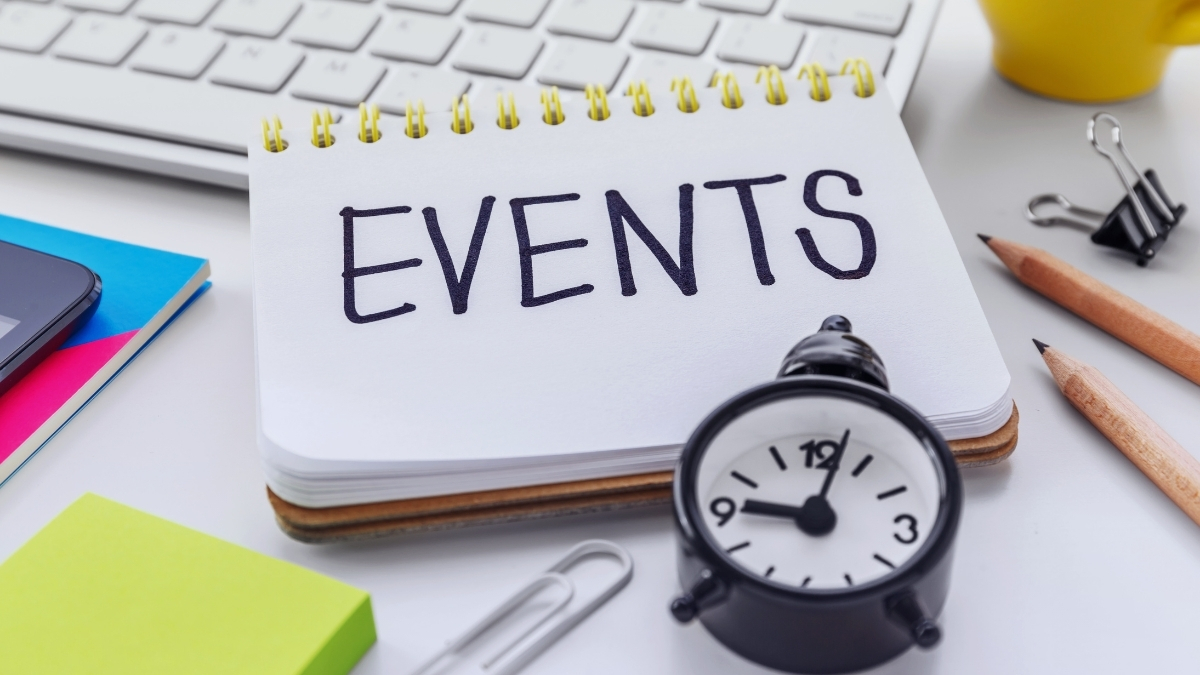
Feeling overwhelmed? Don't be. A solid plan will keep you organized and focused.
-
Define Your Goals and Audience: What does success look like for you? Is it selling 500 tickets? Increasing brand awareness? Be specific. At the same time, get crystal clear on who your ideal attendee is. What are their interests? Where do they hang out online? Build attendee personas if helpful.
-
Set Your Budget: Decide how much you can spend on marketing. Allocate funds to different channels, like paid ads, content creation, or influencer partnerships. Leave a buffer for last-minute pushes.
-
Choose Your Marketing Channels: Based on your audience and budget, select the strategies you'll use. You don't need to do everything—focus on 2-3 channels and do them well. Test, then double down on what works.
-
Create a Content Calendar: Plan out what you're going to post and when. This timeline should cover the three main phases of your campaign:
-
Pre-Event: Building awareness and driving ticket sales.
-
During-Event: Sharing live updates, photos, and quotes to engage both attendees and those following along from home.
-
Post-Event: Thanking attendees, sharing highlights, and promoting on-demand content or the next event.
-
Build Your Event Website/Landing Page: This is your digital storefront. Make sure it's clear, compelling, and makes it incredibly easy for someone to register. Include testimonials, FAQs, and contact info for quick reassurance.
Additional Step:
6. Map the Attendee Journey: List key touchpoints from first contact to post-event follow-up, and ensure your marketing supports each stage.
Tools to Simplify Your Event Marketing
You don't have to manage all of this manually. There are plenty of tools that can help streamline your efforts.
-
Event Management Platforms: Tools like Eventbrite, Bizzabo, or Cvent handle everything from ticketing and registration to creating an event website.
-
Email Marketing Services: Mailchimp, ConvertKit, and Constant Contact make it easy to design and send professional-looking emails and track their performance.
-
Social Media Schedulers: Buffer and Hootsuite allow you to schedule all your social media posts in advance, saving you a ton of time.
-
Analytics Tools: Google Analytics is a free and powerful tool that shows you how people find and use your website.
-
Design Tools: Canva or Adobe Express allow you to create eye-catching graphics for your event—even if you don’t have design experience.
-
Survey Platforms: Use Typeform or Google Forms to gather feedback and gauge attendee expectations before and after your event.
-
Automation Tools: Zapier and similar tools connect your apps and automate actions, making tracking and list updates seamless.
Real-Life Examples and Case Studies
1. Tech Startup Launches a Community Conference
A new tech company wanted to build a community through a two-day conference. Their goals were to sell 800 tickets and grow brand awareness.
-
Strategy: Targeted LinkedIn ads, engaging Twitter threads, weekly email spotlights of speakers, and a content partnership with a local tech blog.
-
Execution: Short animated videos introduced each keynote. Every ticket purchase entered a contest to win a private lunch with the founders.
-
Result: They hit 900 registrations and doubled their Twitter followers thanks to retargeted ads and shareable countdown graphics.
2. Nonprofit Virtual Fundraiser
A nonprofit hosted a virtual gala, inviting donors and supporters from around the country.
-
Strategy: Used Facebook Live and YouTube streaming, with weekly teaser posts and an influencer-led challenge (“Share what inspires you about our cause”).
-
Execution: Broadcast testimonial videos, live music, and a real-time auction. Post-event, sent thank-you emails with photo highlights.
-
Result: Reached three times their initial attendance goal and saw sustained engagement on social channels for two months after the event.
3. Boutique Fitness Studio’s Open House
To promote its grand opening, a fitness studio combined Instagram Stories, a Google My Business profile, and referral incentives.
-
Strategy: Hosted free sample classes livestreamed on Instagram, with a “bring a friend” code for first-time attendees.
-
Execution: Contest for best workout photo tagged with their branded hashtag.
-
Result: Achieved full attendance and acquired 40% new members from event participants and their invited guests.
Advanced Tips for Optimizing Campaigns
-
Use Retargeting Wisely: Set up retargeting ads to reach potential attendees who visited your site but didn’t register. Show them testimonials or limited-time discounts to encourage conversion.
-
Leverage Lookalike Audiences: Create lookalike audiences on Facebook and Instagram using your attendee list to find new prospects likely to register.
-
Monitor and Adjust Daily: Don’t “set and forget”—monitor campaigns regularly and redirect your budget to the best performers.
-
Test Everything: Experiment with different images, copy, ad formats, and times of day to see what brings the most engagement and sales.
-
Analyze Touchpoints: Evaluate where your attendees drop off in the registration process, and tweak those steps for a smoother experience.
Emerging Trends in Digital Marketing for Events

Staying ahead of trends can keep your events competitive and engaging:
-
Hybrid Events: With a mix of in-person and virtual elements, you can reach an even broader audience. Accept live questions from online guests or post sessions on-demand for extra reach.
-
AI Personalization: Artificial intelligence helps tailor your marketing—think personalized invitations, chatbots for answering attendee questions, and custom agenda recommendations.
-
Interactive Content: Polls, quizzes, virtual networking lounges, and live Q&As increase engagement and can be done through many digital platforms.
-
Augmented Reality (AR): Big conferences now use AR for interactive agendas, scavenger hunts, and exhibitor booths—keep an eye on affordable AR options for smaller events, too.
-
Sustainable Marketing: Eco-conscious messaging and digital tickets appeal to today’s audiences, especially younger attendees who care about sustainability.
-
Social Commerce: Platforms are rolling out ways to sell tickets directly within social apps, shortening the conversion path and boosting impulse registrations.
Measuring Success and Optimizing Your Campaign
How do you know if your marketing is working? By tracking the right metrics.
-
Website Traffic: Are people visiting your event page? Where are they coming from?
-
Conversion Rate: What percentage of website visitors are buying a ticket? If this number is low, you might need to improve your landing page.
-
Ticket Sales: Track sales over time. Are you seeing spikes after sending an email or running a specific ad?
-
Social Media Engagement: Look at likes, shares, comments, and hashtag usage. This tells you what content is resonating with your audience.
-
Engagement During the Event: Track attendance, check-in rates, and virtual session engagement.
-
Post-Event Actions: Who followed you, left reviews, or signed up for your next event? This is the foundation for community building.
Use this data to make adjustments. If your Facebook ads aren't performing well but your email campaign is driving a lot of sales, consider reallocating some of your ad budget toward growing your email list. Marketing isn't about setting it and forgetting it; it's about learning and optimizing as you go.
Pro Tip: Always survey your attendees afterward. A simple “What did you love? What could be better?” can give you ideas for your next marketing campaign.
Final Thoughts
By embracing digital marketing, you can turn a well-planned event into a sold-out, talked-about success. Start early, stay consistent, and focus on providing value to your audience every step of the way. And remember—the learning never stops. With new trends and tools emerging constantly, keeping an open mind and adapting your strategy will help your events continue to grow.
30 minutes
Expert Consultation
Terms & Agreements
By booking a free 30-minute consultation, you agree to our terms, including scheduling, cancellation policies, and confidentiality. The session provides expert advice without guarantees of specific outcomes or results.

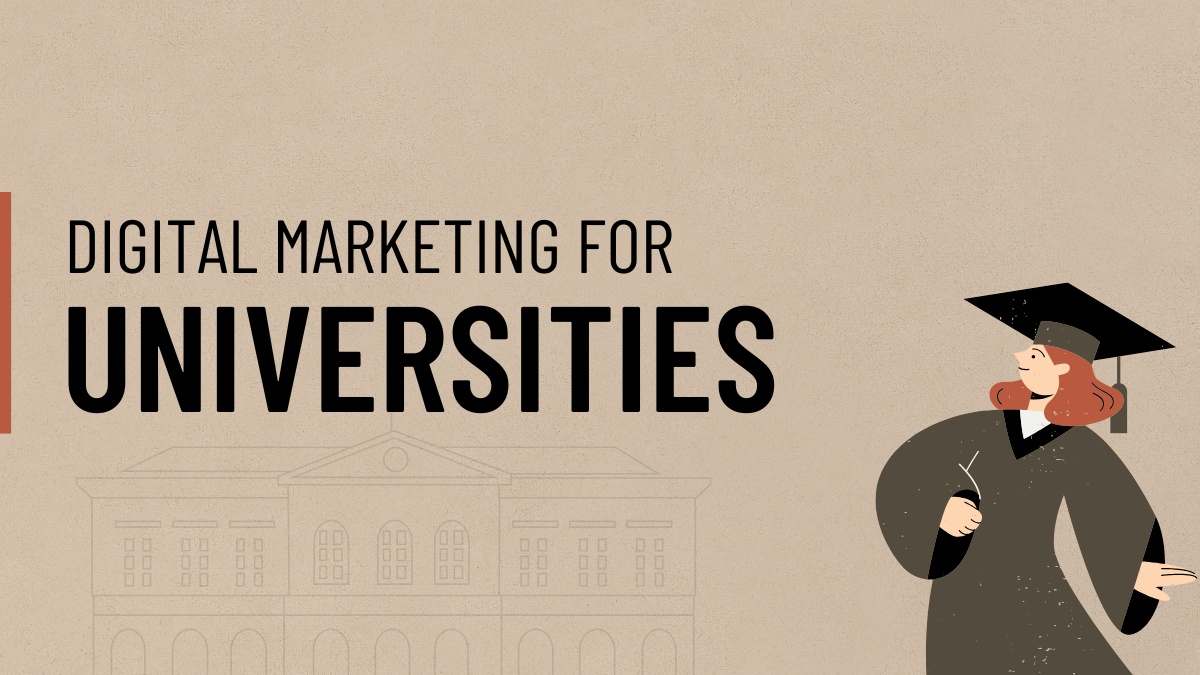
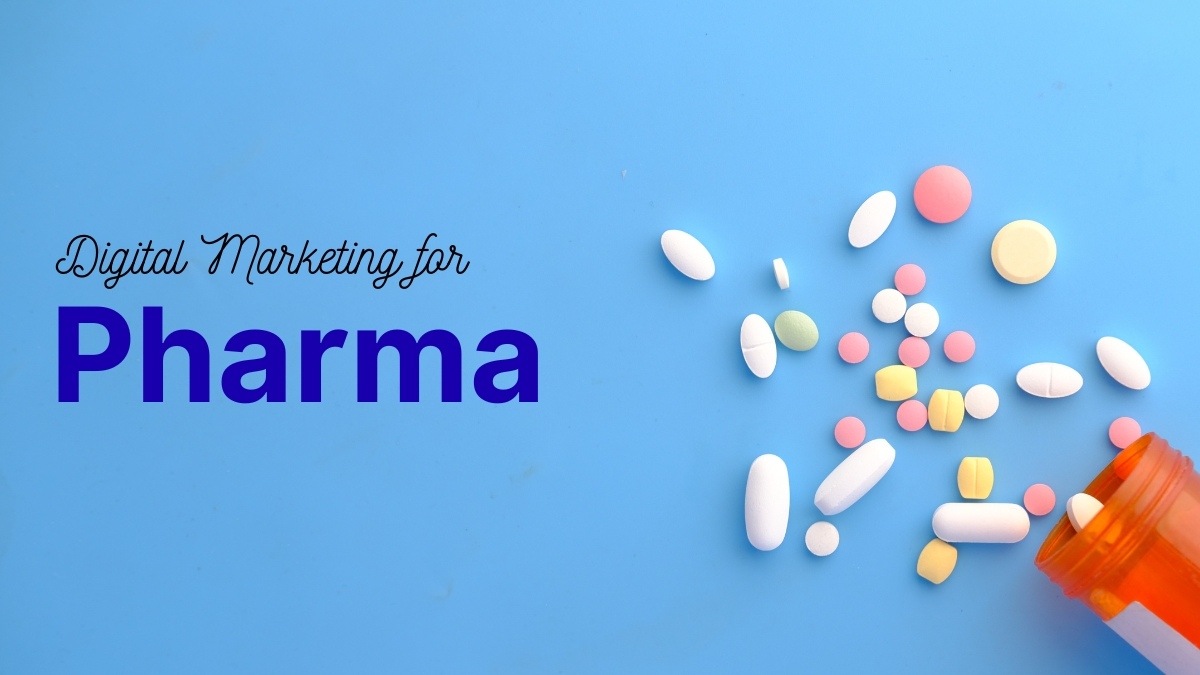
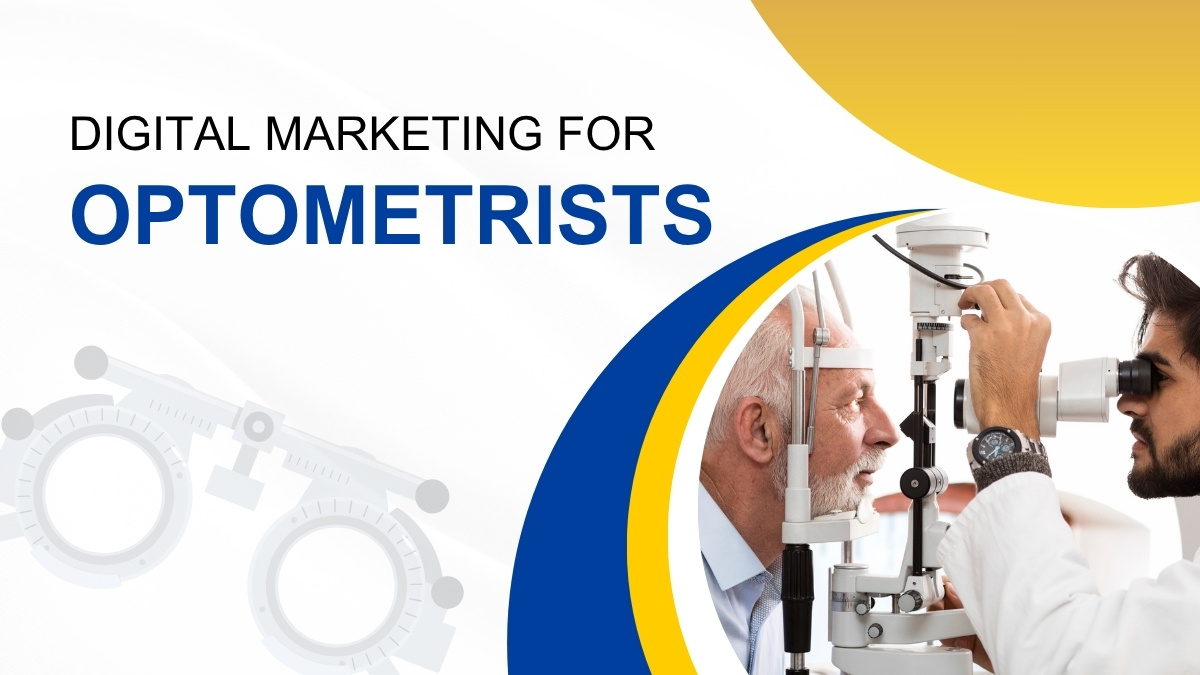
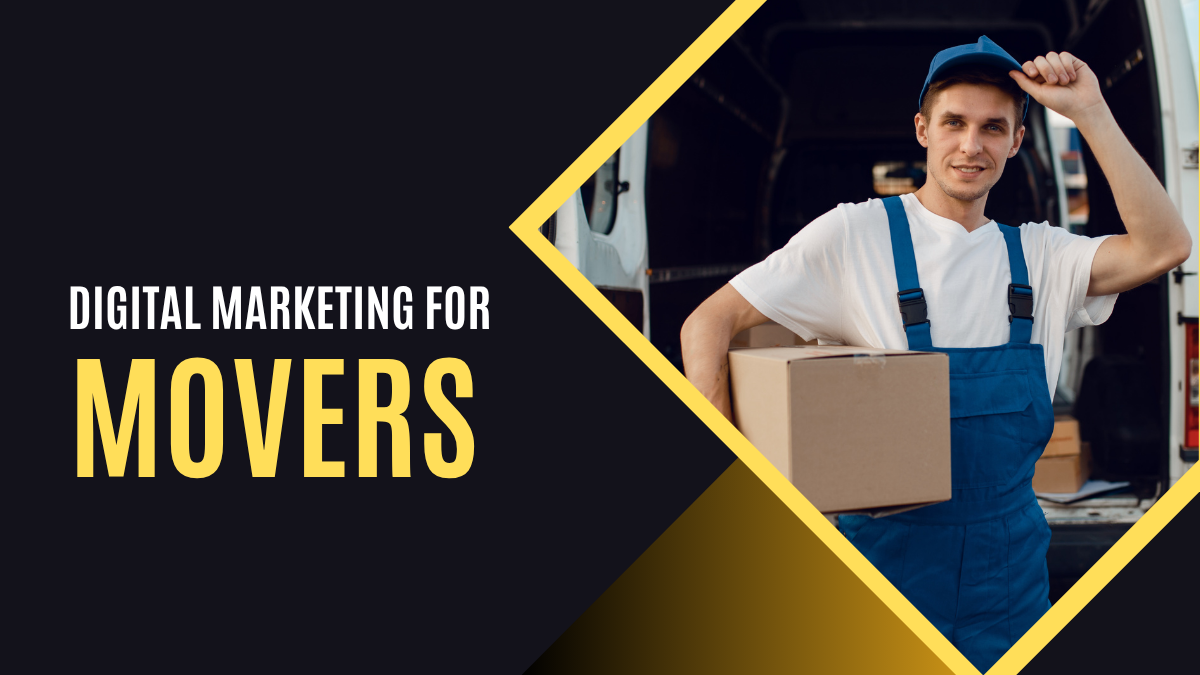
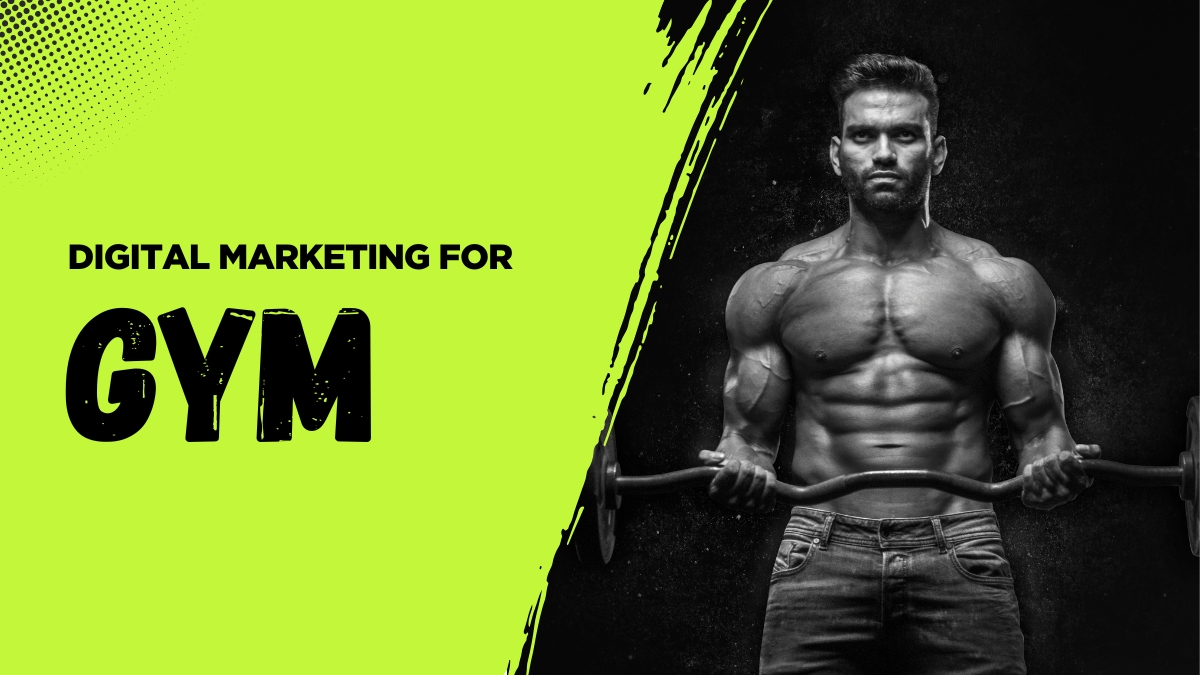
Leave a Reply
Your email address will not be published. Required fields are marked *